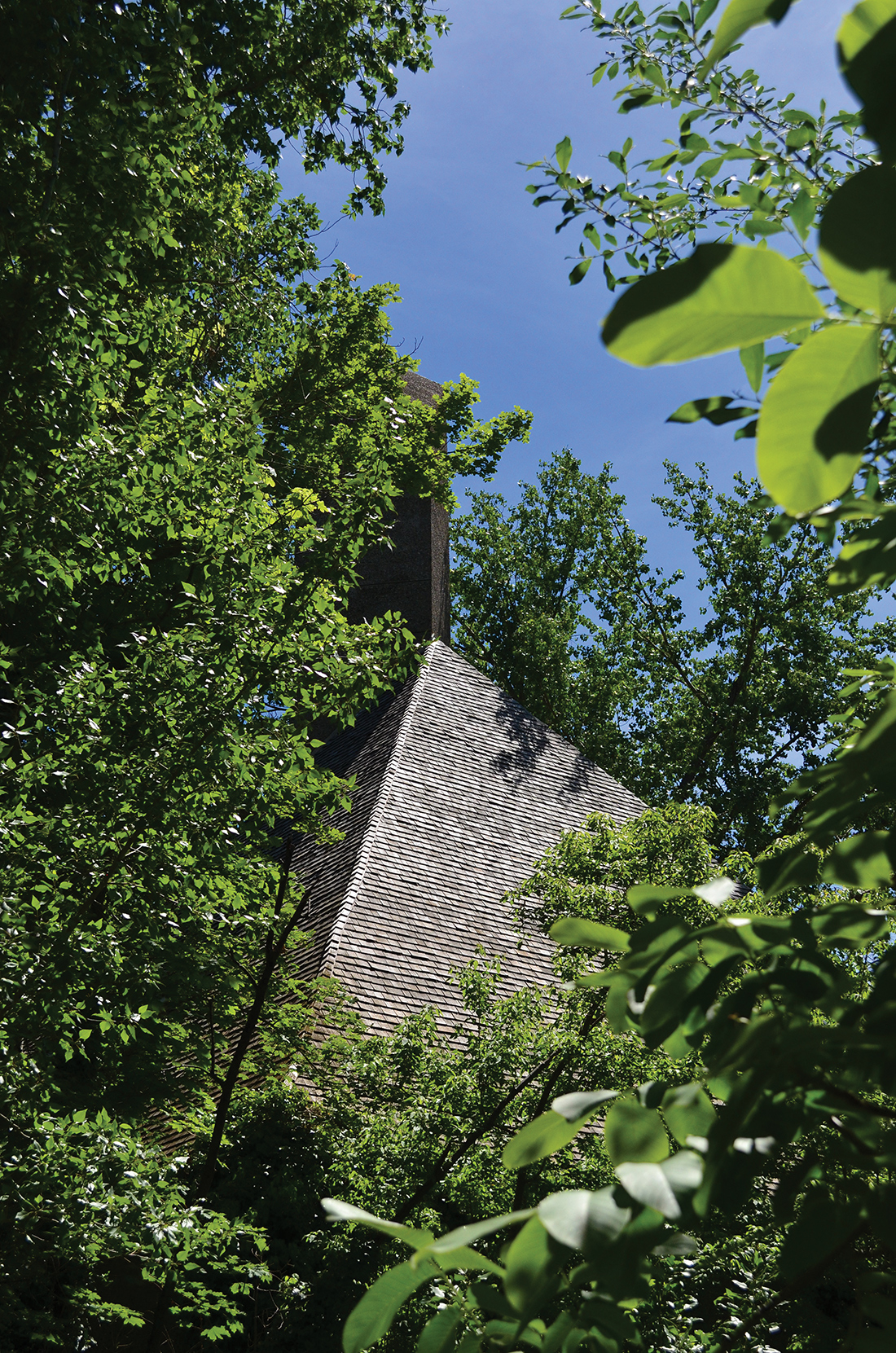
A New College
Westminster’s Honors program becomes a college
by Sara McCaskey (’14)
Spend a day on campus and it’s hard not to notice the far-reaching impact of the Honors program. Honors students are involved in almost every aspect of campus life. With more students graduating from the program each year, word has gotten out. The program is bursting at the seams. Last year, 116 applications were submitted for just 40 spots. And the number of applications continues to grow: the fall 2017 cohort is up over 50 percent.
Student interest in an alternative educational experience is nothing new. In fact, it’s what the Honors program was founded on.
Michael Popich developed the Honors program in 1987. “It seemed to me that we needed something for students who were ready to work in a deeper way,” Michael says.
An honors program seemed like a natural fit with Westminster’s liberal arts tradition.
“We developed our own distinctive model,” Michael says, “a unique curriculum with interdisciplinary teaching at its core.”
Over the years, the program quietly grew. But when Richard Badenhausen took over as director in 2001, it was still vastly different from the program we know today.
Under Richard’s leadership, the program acquired Nunemaker Place and developed dedicated orientation and peer-mentor programs. When the college moved the Kim T. Adamson endowed chair to Honors, the program took on a life of its own.
Now, after 30 years of remarkable growth, the program is ready for its most exciting change yet: transitioning to an Honors College.
In anticipation of this transition, the program has already seen some changes. Over the last three years, the curriculum has evolved, now offering nine seminars and greater flexibility. The program also introduced a lateral-entry option, allowing both transfer and current students the opportunity to join the program midstream.
To help run the new Honors College, new faculty and staff, including a new assistant director of teaching and learning, a director of fellowship advising, an assistant director of honors and fellowship advising, and a writer-in-residence, were hired.
This additional support will allow the college to provide a top-notch Honors experience to more students. In fact, over the next five years, the program will grow from 150 students to 280 by increasing the first-year cohort size from 40 to 60 and admitting more lateral-entry students.
There are even more exciting changes coming down the pike: The Honors staff will be able to provide better advising, helping students make the most of their time at Westminster. The new Fellowship Advising Program will carry that momentum forward, helping all interested Westminster students find meaningful opportunities and fellowships at the postgraduate level.
The college is also fundraising for a new $2 million endowed Honors scholarship fund, half of which will be used to recruit underrepresented students. Richard hopes this will continue to increase diversity in the program, creating rich learning opportunities as students engage in discussions with people who have different lived experiences. Also in development is a fully funded May Term international experience for Honors students and faculty to engage in Honors-style learning outside of the classroom.
Those involved with the Honors College are optimistic about the years ahead.
Jeanne Ambruster, chair of Westminster’s Board of Trustees, was an early champion of the project. “My belief is that the best way to grow is by leveraging our strengths and scaling the things we do best,” she says. “Since my first exposure to Westminster, I have placed the Honors program very high on the list of our most distinctive capabilities.”
When she got the news that the Honors College had been approved, she was ecstatic. “This made my short list of really good things that happened in 2016, along with the Cubs winning the World Series and Bob Dylan getting a Nobel Prize!”
Jeanne says much of her confidence lies in the program’s leader, citing his recent election as 2017 vice president of the national honors organization as “external validation of what a gem we have in Richard.”
Michael Popich agrees. “The potential for the Honors program was always there,” he says. “But Richard transformed it. He’s done an amazing job turning it into a nationally recognized Honors program. It’s come so far: it’s everything I hoped it would be.”
Honors alums will be happy to hear that what they loved most about the program isn’t going anywhere. Richard hopes to preserve the DNA of Honors at Westminster: spirited discussions in seminar-style classes, interdisciplinary learning, team teaching, and a focus on exploring primary texts—all within a nurturing and collaborative community.
Richard still plans to teach, mostly in the first-year seminar, because he says it’s important to stay in the classroom and understand the students as learners.
“Of course, the annual Honors softball game is something I hope will never go away,” Richard says, smiling. Jokes aside, his commitment to the tight-knit Honors community is unmistakable.
“I am enormously committed to preserving the first-year experience,” Richard says. “My philosophy is that our community primarily grows out of the really intense shared academic experience. When students exchange ideas in class and let themselves be vulnerable in front of their peers, that kind of community is more authentic, more meaningful—it’s stickier.”
About the Westminster Review
The Westminster Review is Westminster University’s bi-annual alumni magazine that is distributed to alumni and community members. Each issue aims to keep alumni updated on campus current events and highlights the accomplishments of current students, professors, and Westminster alum.
GET THE REVIEW IN PRINT STAY IN TOUCH SUBMIT YOUR STORY IDEA READ MORE WESTMINSTER STORIES
